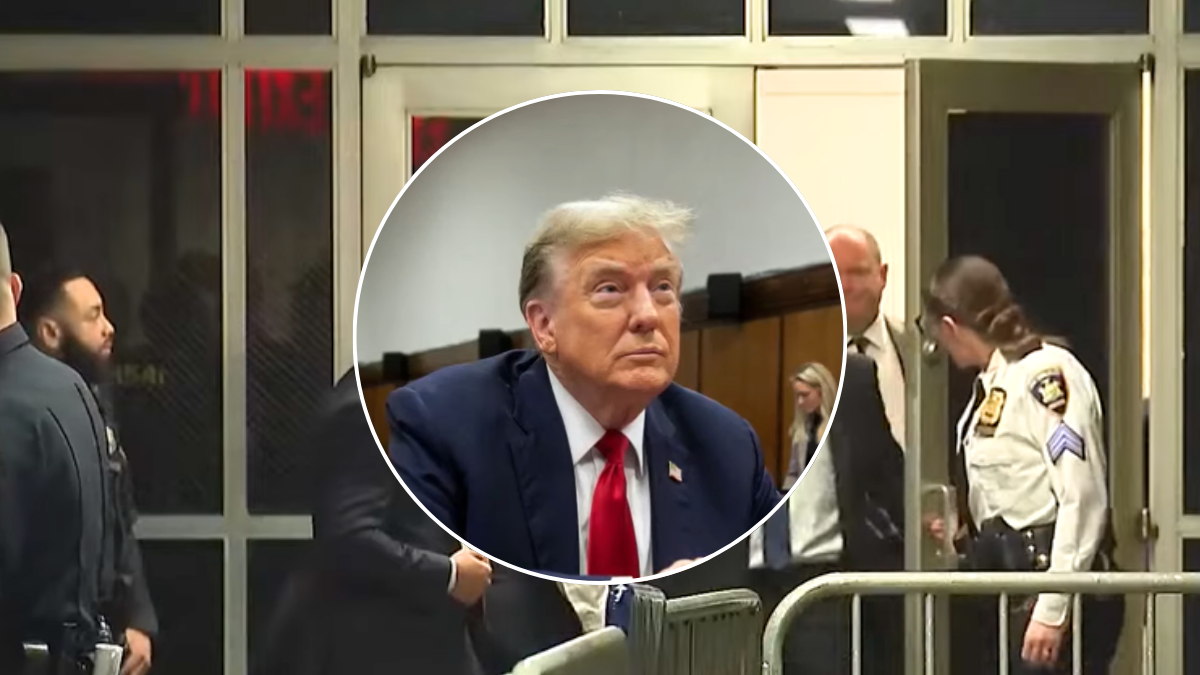The anticipation surrounding the impending trial of former President Donald Trump is palpable, as it marks a historic moment in American jurisprudence. For the first time in the nation’s history, a former president is set to stand trial in a criminal case—a watershed event that has captured the attention of the public and the media alike.
Amidst the fervor surrounding the trial, one netizen aptly summarized the spectacle unfolding before our eyes, highlighting its significance as a pivotal test for US democracy and the accountability of its elite figures. As the trial unfolds, reporters like Benjamin Protess of The New York Times diligently follow the proceedings, providing invaluable insights into the legal intricacies at play.
A notable aspect of the trial is the attempt by Trump to oust the presiding judge, Juan M. Merchan, on the grounds of perceived bias due to the judge’s daughter’s political affiliation. However, ethics experts refute Trump’s claims, underscoring the impartiality of the judiciary in upholding the rule of law.
Despite the intense public interest in the trial, hopes for televised coverage have been dashed by New York state law, which prohibits cameras inside the courtroom. While this decision may disappoint many eager spectators, it reflects the judge’s commitment to maintaining the integrity of the legal process.
As the jury selection process unfolds, crucial questions are posed to potential jurors, shedding light on their political inclinations and potential biases. Meanwhile, prosecutors press forward with their case, signaling their intent to hold Trump accountable for any attempts to undermine the judicial process.
In the absence of televised coverage, reporters on the ground provide invaluable insights into the trial’s proceedings, offering a firsthand account of the unfolding drama. Their reporting serves as a vital resource for the public, ensuring that citizens remain informed and empowered in a democracy that thrives on transparency and accountability.
Ultimately, the outcome of the trial holds profound implications for Trump’s political future and the integrity of the American justice system. If convicted, Trump could potentially face jail time—an outcome that would reverberate throughout the corridors of power and reshape the political landscape for years to come. As the trial progresses, the eyes of the nation remain fixed on the courtroom, awaiting the verdict that will determine the fate of one of the most controversial figures in modern American history.


